I try to pay attention to my surroundings. When someone cries, I notice that either 1) the person apologizes immediately, or 2) the listener quickly says "everything will be okay." Or these both happen simultaneously. We have a strong need for things to be okay. Okay-ness provides comfort and perceived control, but it doesn't match reality. Sometimes we're okay, sometimes we're not.
It's important for us to know: it's okay to not be okay. If we make room for the not-okay places, we feel better. It takes more energy to resist fear than it does to feel it. Similarly, it's more spacious to listen with compassion than to interrupt with advice.
Life is complicated. Even if we cultivate gratitude, love, and playfulness, this doesn't mean we're always okay. Sometimes we feel sad, lonely, or ashamed. Sometimes people we love go through tremendous difficulty. How do we experience this without being overwhelmed? For me, it's helpful to be honest and aware: Notice what's happening inside me, don't pretend I'm okay when I'm not. (And create space for others to do the same.) Then it's important to stay with myself and allow for what's painful. My habit is to get lost in thoughts and judgments (especially self-judgment), but if I stay directly with the pain, it shifts, and I feel better. Even the slightest opening helps me remember: things change.
If we reject the painful places within ourselves, we reject those places in others, too. If we accept the dark places, we allow ourselves and others to change and heal. We are mirrors for each other. When we're real, brave, open, and kind, we invite others to be the same. It's okay to not be okay. It's also okay to be happy or hopeful in a complicated world. There's no one way to live this life.
PS: If you want to practice staying with not-okayness, listen here...


